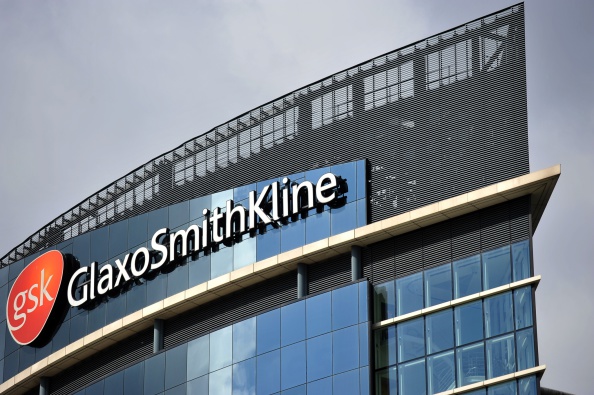Drugmaker GlaxoSmithKline Investigating Corruption Allegations In UAE
The company is already investigating alleged bribery in other Middle East countries, including Lebanon, Jordan, Syria and Iraq.

Drugmaker GlaxoSmithKline, which was slapped with a record $489 million fine for corruption in China last month, said on Tuesday it was looking into allegations of corruption in the United Arab Emirates.
Britain’s biggest pharmaceuticals group confirmed the investigation following allegations of improper payments set out in a whistleblower’s email sent to its top management on Monday. The email, purporting to be from a GSK sales manager in the Gulf state, was seen by Reuters.
The company is already investigating alleged bribery in a number of Middle East countries, including Lebanon, Jordan, Syria and Iraq, as well as Poland.
“As we have already said, we are undertaking an investigation into our operations in the Middle East following complaints made previously. This investigation continues and these specific claims were already being investigated as part of this process,” a GSK spokesman said.
GSK and other major drugmakers are under increased scrutiny in the wake of the high-profile Chinese case and law enforcement agencies in both the United States and Britain are clamping down on overseas corruption by multinational companies.
The China scandal has hit GSK’s drug sales in the country and tarnished the reputation of Chief Executive Andrew Witty.
Other pharmaceutical companies, too, are in the firing line for alleged improper sales behaviour.
France’s Sanofi said on Monday it had informed U.S. authorities of allegations of improper payments by its employees to healthcare professionals in East Africa and the Middle East.
Novartis, meanwhile, has been ordered to face a U.S. government lawsuit accusing the Swiss drugmaker of paying multimillion-dollar kickbacks.
And two women in Poland have pleaded guilty to bribery in another case involving an unnamed company.
In the case involving GSK’s practices in the UAE, the anonymous author of the email claimed that the British company made direct payments to healthcare professionals, hospitals, clinics and pharmacies to secure business.
This included payments for educational meetings — regardless of whether or not they took place — as well as schemes to pay customers for taking prescription drugs by giving them bonus over-the-counter products, the author said.
“We have zero tolerance for unethical behaviour and we welcome people speaking up if they have concerns about alleged misconduct. We are committed to taking any disciplinary actions resulting from the findings,” the GSK spokesman said.
